Ryan White (1971-1990) became the national poster child for HIV/AIDS after he was expelled from middle school because of his HIV infection. He was diagnosed with AIDS after receiving a contaminated blood transfusion at the age of 13. His legal battles with the school system made him a national celebrity and spokesman for AIDS research and education. Ryan White helped break the stigma that HIV/AIDS was an infection that only affected the male gay community. In 1990, shortly after Ryan White’s death, the Ryan White Comprehensive AIDS Resource Emergency (CARE) Act was passed by Congress. The funds provided by this legislation would fund HIV/AIDS treatment for patients when no other resources were available to them.
In 1999 the UNMC Specialty Care Center was awarded Ryan White Part C funding to serve uninsured and under-insured individuals living with HIV. In 2012 our clinic was awarded Ryan White Part D funding to serve women, infants, children and youth. The Specialty Care Center also manages the Nebraska AIDS Drug Assistance Program (ADAP) and works closely with the Nebraska AIDS Project (NAP) to ensure individuals living with HIV have access to case management services, shelter, and other resources available through the Nebraska Ryan White Part B program.
The University of Nebraska Medical Center (UNMC) Specialty Care Center was one of a few HIV clinics selected by the Health Resources and Services Administration (HRSA) from hundreds of Ryan White CARE Act programs across the nation to participate in the Ryan White HIV/AIDS Program 25th Anniversary Video. The purpose of the video is to honor the past 25 years and to celebrate where the Ryan White CARE Act is 25 years later. Please watch this video to learn more about what Ryan White’s Legacy means for HIV care.
Currently, the UNMC Specialty Care Center receives over $8 Million in Ryan White grant funds to care for persons living with HIV. This grant plays a major role in curtailing the HIV/AIDS epidemic by covering costs of diagnosis and treatment of HIV, which are the most important activities for reducing HIV transmission. Fourteen percent of persons living in the US with HIV are unaware of their diagnosis, and Ryan White funds can help with identifying these people and getting them linked into care. With consistent treatment for HIV with antiretroviral therapy, the likelihood of patients transmitting HIV to others becomes very low (Undetectable = Untransmittable). If everyone infected with HIV was successfully diagnosed, started and maintained on active antiretroviral therapy, we could see a significant reduction in the number of new HIV infections. For many of our patients, without the Ryan White grant, they would be unable to afford their antiretroviral treatment, and without that treatment, they would be more likely to transmit HIV to others.
With development of increasingly effective antiretroviral therapy, individuals living with HIV are living longer, with fewer AIDS-associated opportunistic infections being diagnosed or causing death. Many clinic visits are more focused on care of chronic medical conditions such as heart disease, diabetes, or mental health needs. This is a significant accomplishment considering that AIDS was only first described in 1981 and antiretroviral treatment has only been available since 1987. In addition to providing HIV/AIDS treatment for our patients, the Ryan White Grant also pays for our patients’ medical insurance, dental care, mental health care, transportation, and food, among several other support services.
For additional information about Ryan White Care at UNMC, contact the Specialty Care Center Clinic at 402.559.2666.
Content Courtesy Tacy Slater and Rachel Huggins
Ryan White’s photo used with permission
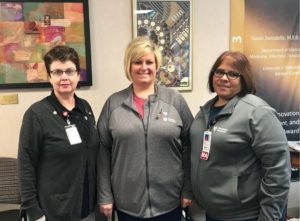
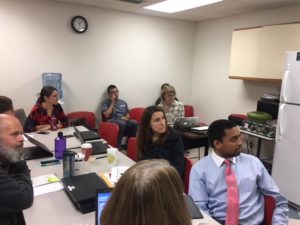
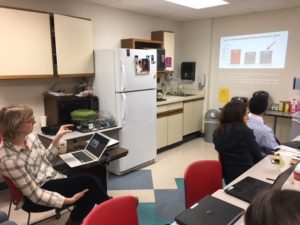
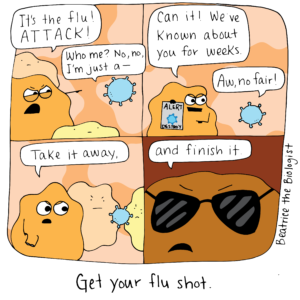
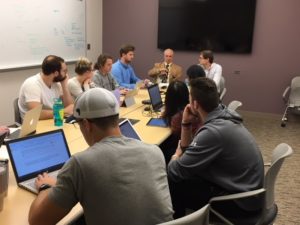
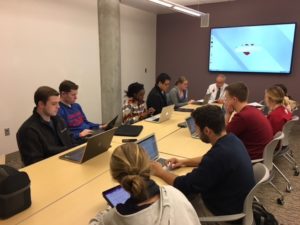
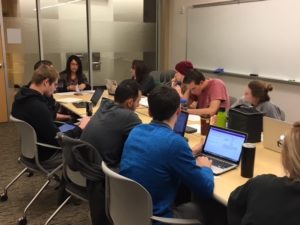
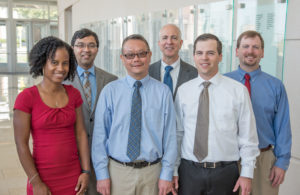


Recent Comments